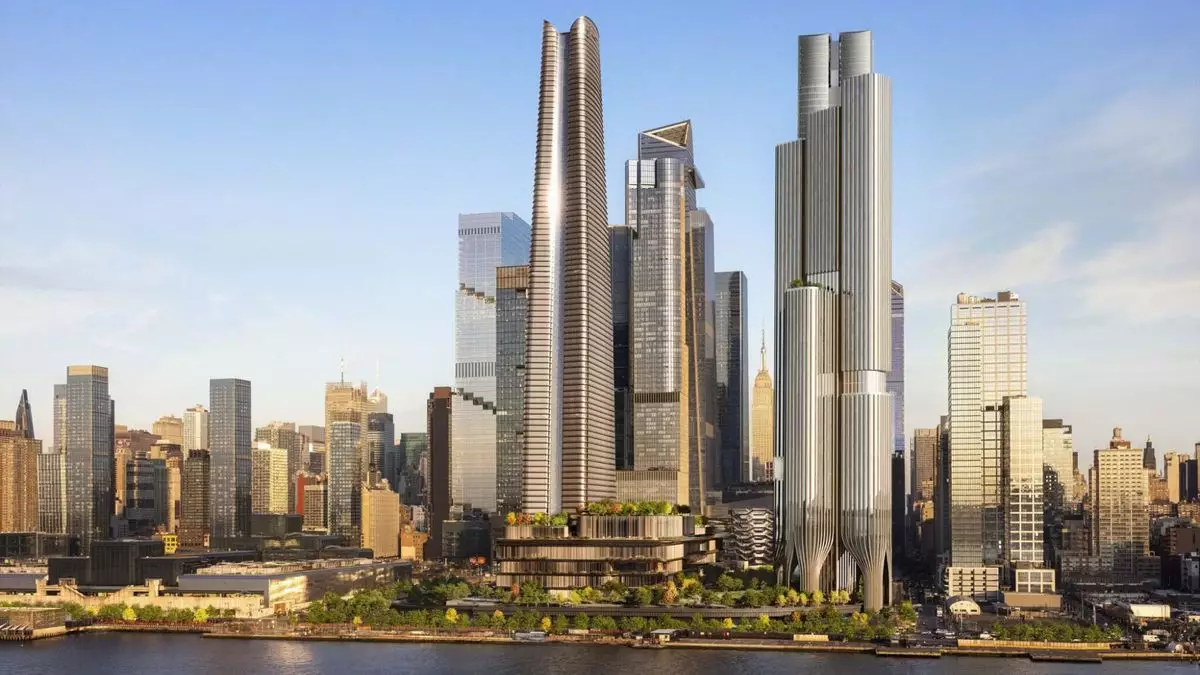In a remarkable turn of events, the dream of a sprawling $12 billion casino complex in Hudson Yards has been effectively shut down, showcasing the undeniable influence of community advocacy. Wynn Resorts and Related Companies have recognized the powerful resistance from local stakeholders and opted to withdraw their proposal altogether. This decision is a clear testament to the way grassroots mobilization can impact major corporate interests, pushing back against projects perceived as detrimental to the public good.
Community Voices: The Heart of Opposition
The opposition came from various fronts, led by Manhattan City Councilman Eric Bottcher, who vigorously championed the concerns of his constituents. Alongside him stood neighborhood organizations such as Friends of the High Line and Manhattan Community Board 4, all united in their disapproval of the casino plan. Their arguments centered on the potential negative effects—escalating costs of living, increased traffic congestion, and loss of the neighborhood’s character. This situation illustrates the vital role that local governance and community organization play when large corporations seek to impose developments that might not align with the interests of existing residents.
The Shift in Corporate Strategy
Wynn Resorts’ withdrawal is not merely a response to local sentiment; it suggests a broader recalibration of corporate strategy in light of evolving market conditions and public perception. In their statement, Wynn highlighted a reallocation of resources towards more promising initiatives, such as enhancing their existing properties and engaging in stock buybacks. This shift underscores a pragmatic approach in corporate decision-making where long-term sustainability trumps short-term gains from challenging ventures fraught with public disapproval.
A New Vision: Heightening Community Needs
With the casino proposal shelved, Related Companies are pivoting to focus on a different kind of development: affordable housing. This shift signifies an acknowledgment of pressing local needs and serves as a reminder that investment can take various forms. By channeling funds into the construction of affordable units, there is an opportunity not only to foster community growth but also to create a positive legacy in Hudson Yards. It begs the question: should developers always prioritize profits over community needs, or can a balance be struck?
The Bigger Picture: What This Means for Future Developments
The decision to halt the casino project has set a significant precedent within urban development discourse. It illustrates that community opposition is not to be underestimated—a valuable lesson for companies considering similar ventures in the future. Local voices can cultivate a formidable force against perceived threats to their neighborhoods, and developers would be wise to incorporate community input into their planning processes. As urban landscapes continue to evolve, the battle against profit-driven development could become a defining narrative, reinforcing the necessity for a collaborative approach that marries economic ambition with social responsibility.
The result is not just a local victory, but a hopeful sign for other communities facing similar encroachments. Here lies an opportunity for dialogue and partnership where developers and residents can co-create spaces that enrich rather than detract from urban living.


Leave a Reply